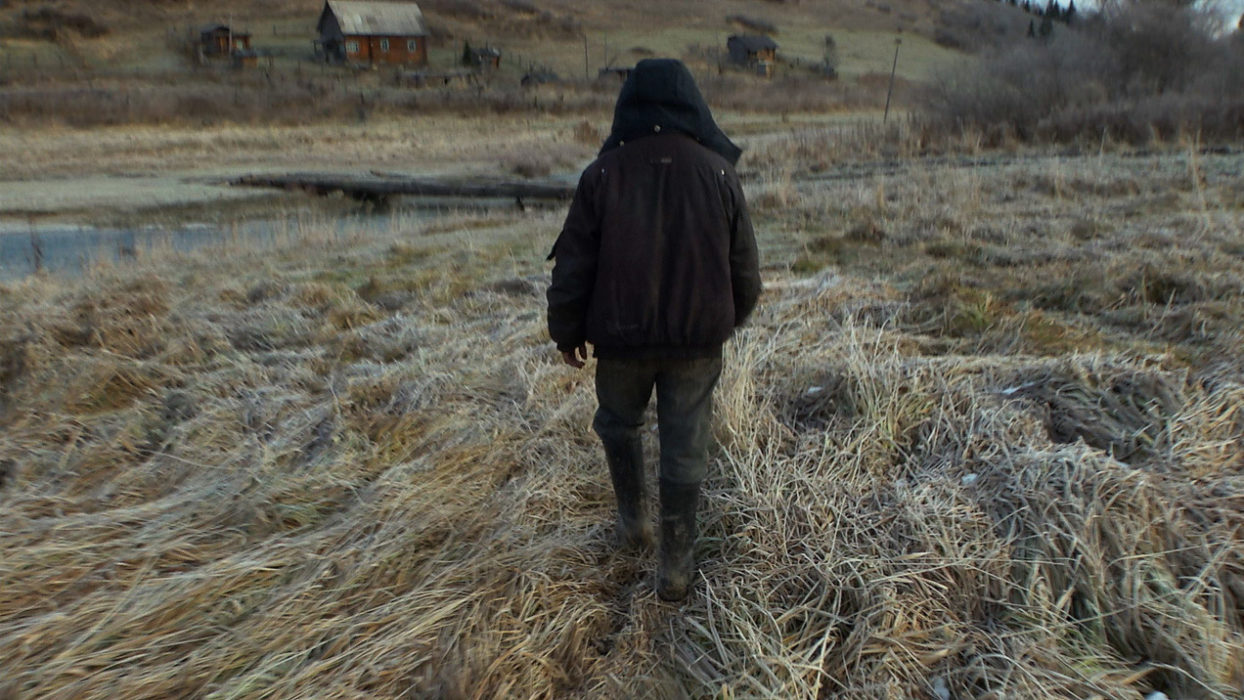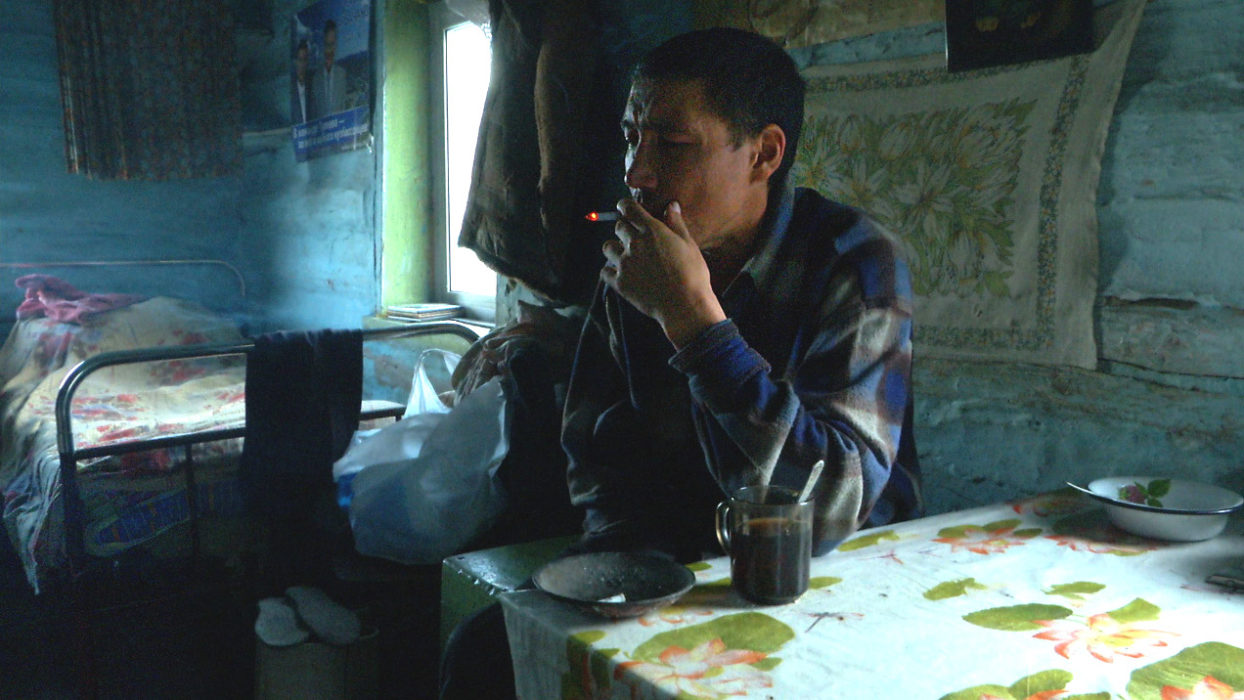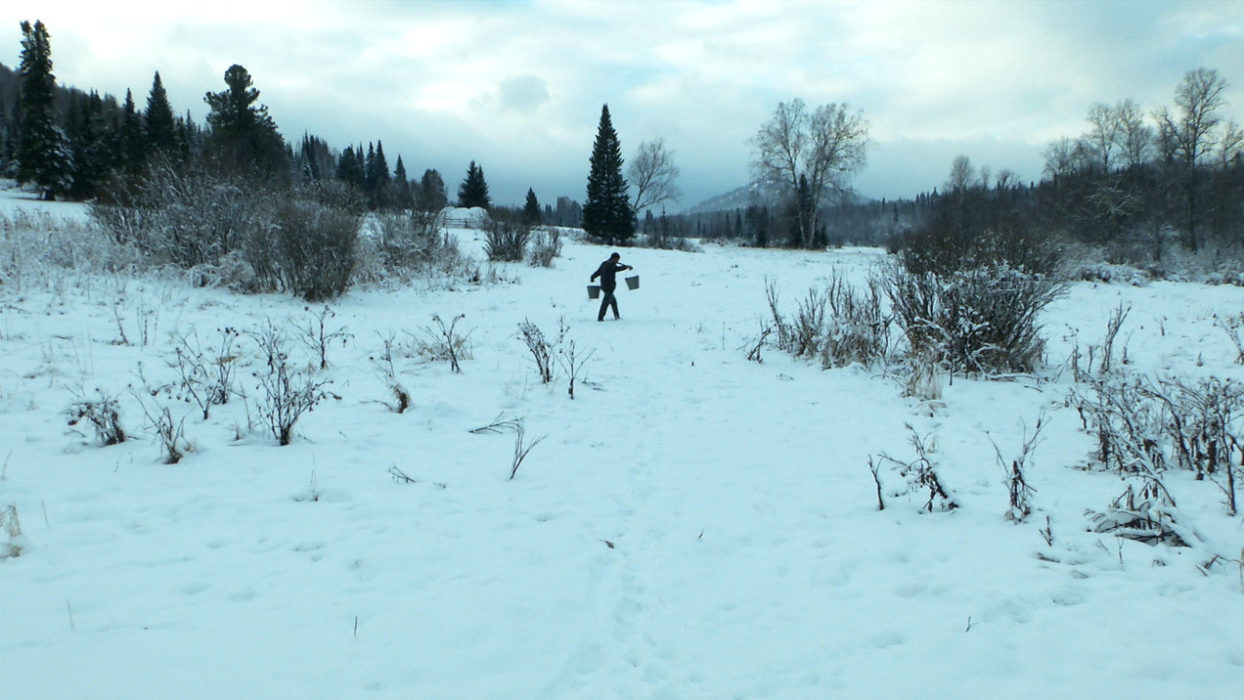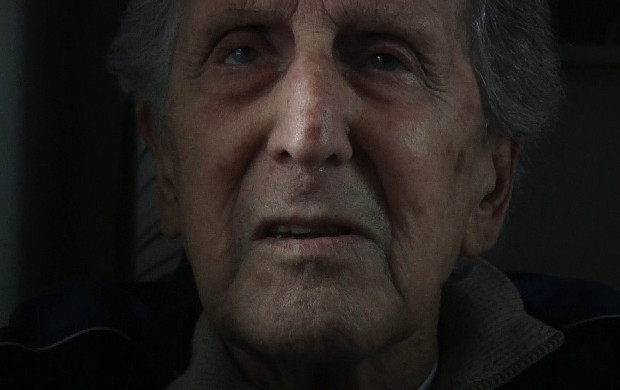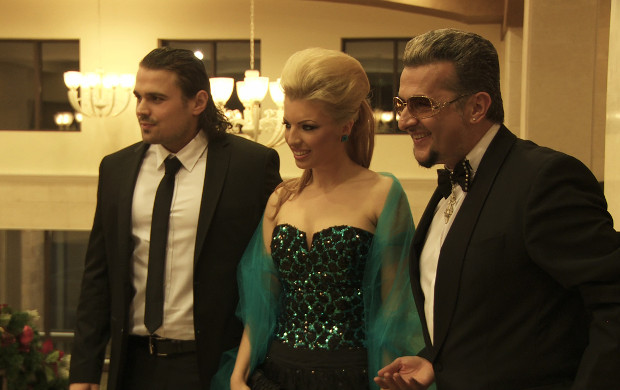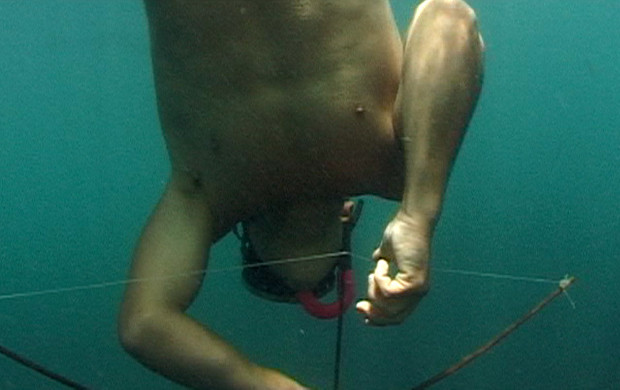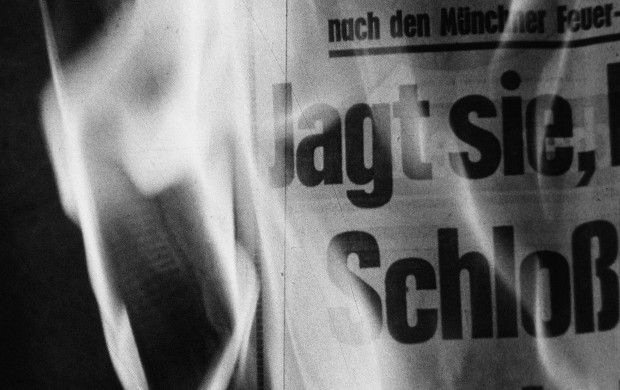Les Forêts sombres
Dark Forests
- 2014
- France
- 52 minutes
- French; Russian
“Maurice arrived in the village one evening. One evening, under the rain. Nobody was expecting to see him again…” A singular and recognisable voice immediately sends a ripple of fiction’s possibilities through the quotidian of a Siberian village. The forest indeed provides the villagers with a livelihood (they collect pine seeds to sell in bucketfuls), but it also seems to prevent them leaving home when it snows. “Alone without a gun, I’d better not meet a bear”, says Vassia, who will have a three-hour walk to reach Chilissu… Inside an izba, a handful of neighbours drop in for a drink or a (meagre) bite to eat. Yet, the film is not documenting some rare indigenous culture. Stéphane Breton finds the last foothold of humanity, at the extremes of cold, alcohol and poverty. The quasi selfsufficiency is also what makes this tiny frozen territory an exception. “Most of these Siberians [from the Altai Mountains] now work in towns”, writes the filmmaker. “They are perfectly Russified and assimilated into modern life. They have even adopted Orthodox Christianity, which doesn’t stop them from calling the shamans from time to time. But in fact, there are still bits of forest, blackened villages, old people who don’t want to know, who prefer to finish their days on home ground, speaking the local language that their children have abandoned and for whom the wildness of the woods is the wellspring of their soul and their energy for life.” (Charlotte Garson)
- Editing : Catherine Rascon
- Sound : Stéphane Breton
- Photography : Stéphane Breton
- Production : Les Films d’Ici / CNRS Images
- Print source : Les Films d’Ici
